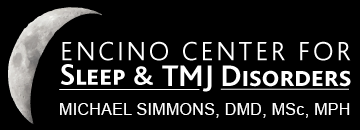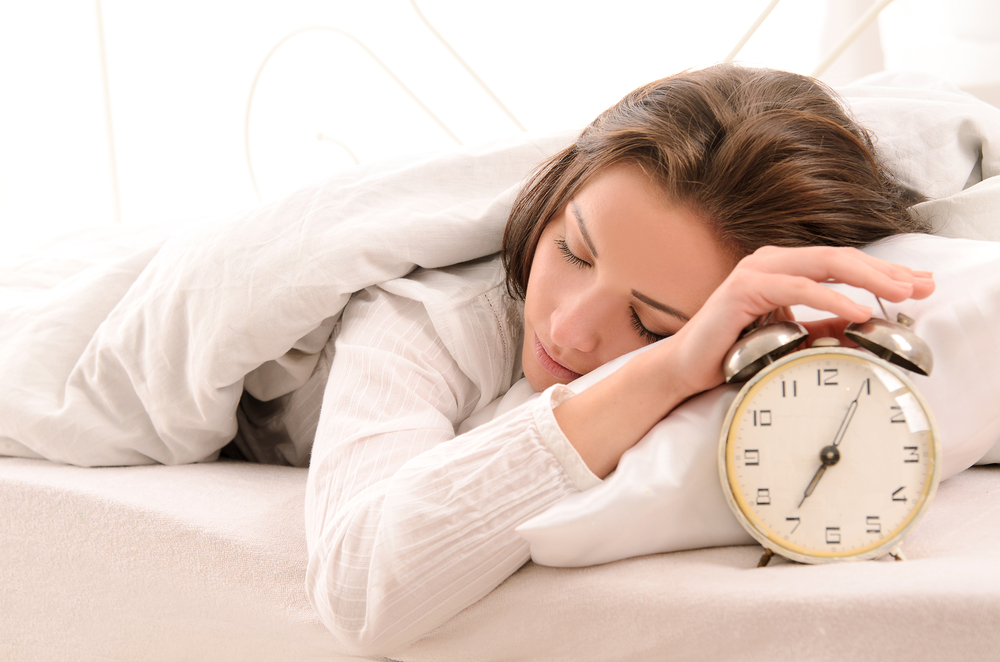 How Sleep Cycles Work
How Sleep Cycles Work
When you sleep, your body goes through different categories of sleep called cycles. These cycles are divided into two types: non-REM and REM sleep. Both of these types of sleep are important for your health, but missing out on REM sleep has been shown to have a significant impact.
REM, short for rapid eye movement, is the period of sleep where you experience brain activity that’s similar to when you’re awake. This is the stage of sleep in which you dream the most and it plays an important part in processing memories and regulating emotions.
The Effects of Sleep
Though the details of sleep still remain a mystery, it’s clear that it’s a vital part of our lives. When you don’t get enough sleep, particularly REM sleep, you not only feel very tired but your physical and mental health can be affected.
Because the REM stage is important for emotional stability, a lack of REM sleep has been associated with anxiety and depression. If you keep losing sleep, you could also be at a higher risk for serious conditions such as heart disease, high blood pressure, and diabetes.
Feeling tired throughout the day can also lead to dangerous situations. Driving while drowsy can cause fatal and nonfatal vehicle accidents, placing you and others in danger. You’re more likely to make mistakes when you’re tired.
Quality versus Quantity
You’ve probably heard that most people should try to get around eight hours of sleep a night. The National Sleep Foundation recommends that adults aim for between seven to nine hours of sleep. But hours of sleep at night is not the only factor in how well you sleep.
Sleep quality and quantity are interconnected in a formula that varies from person to person. Both are very important to your overall well-being and are n. However, according to a study, quality is slightly more important.
Signs of good sleep quality include:
- Sleeping at least 85 percent of the time you’re in bed
- Falling asleep in 30 minutes or less
- Waking up at most once a night
- Falling back asleep again in 20 minutes or less if you do wake up
That doesn’t mean that the number of hours you sleep doesn’t matter. According to a study by the American Thoracic Society, less than six hours or more than ten hours of sleep for adults per 24 hour period is associated with adverse health outcomes.
How Sleep Apnea Affects Your Sleep
Sleep apnea causes the walls of your throat to close, leading to pauses in breathing. When your breathing stops during sleep, your body sends a signal to your brain to wake up and resume breathing. Constant waking throughout the night is common in people with sleep apnea.
This sleep disorder can affect the quality and quantity of sleep that you get, leading you to feel fatigued as well as to have difficulty concentrating in your daily life. Sleep apnea is one of the foremost interrupters of REM sleep, which is why it’s vital to seek treatment.
Sleep Apnea Treatment Can Help
Sleep apnea treatment comes in many forms, but the goal is always to improve your sleep so you don’t develop more complex health conditions. Treatments aim to keep your throat open throughout the night so you won’t have trouble breathing or wake up.
Getting the right amount of good-quality sleep can make all the difference in your life. You shouldn’t have to feel grumpy and tired all the time because of sleep apnea. Seeking treatment can not only improve your quality-of-life now but save you health issues and money down the road.
Dr. Simmons is a national expert in sleep health and lectures widely on the subject. He advocates for patients to get the sleep health care they need. If you, a family member, or a friend have a sleep problem, please call our office at 818-300-0070 to schedule an appointment for a comprehensive exam.

 How Sleep Cycles Work
How Sleep Cycles Work